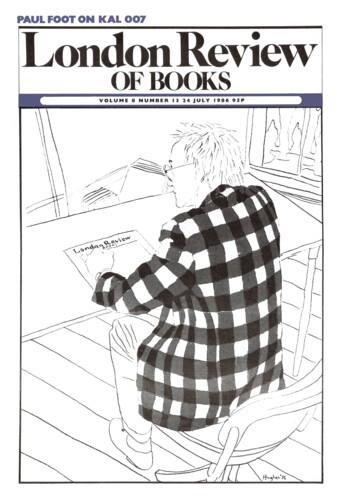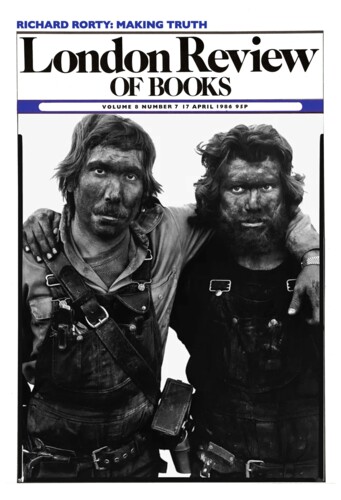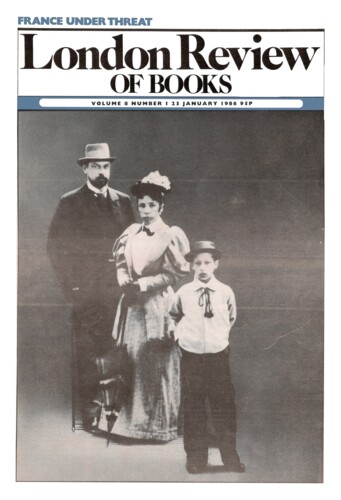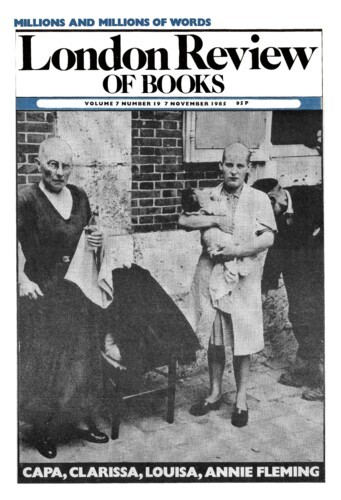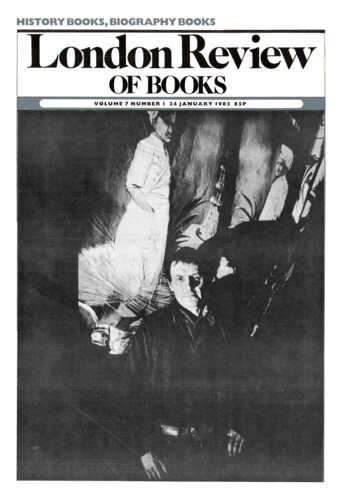Warfare and Welfare
Paul Addison, 24 July 1986
Everyone knows that over the past century Britain has declined as a great power. But Correlli Barnett is one of the very few historians with a compelling, personal vision of the reasons why. Most of us assume that in a general way the process was inevitable, since the Empire was too big, and the economy too small, to sustain the role of a great power in the 20th century. Barnett, however, believes the decline could have been arrested or even reversed but for the peculiar decadence and irresponsibility of the British governing class.
